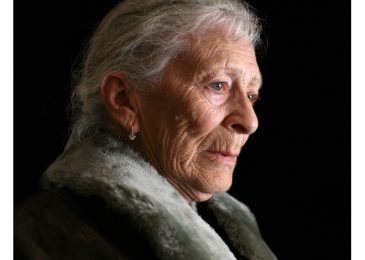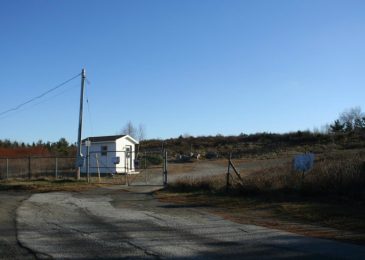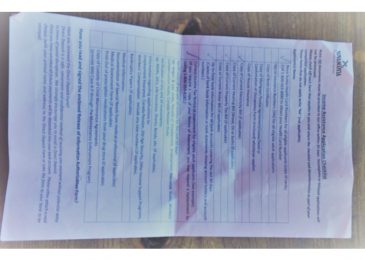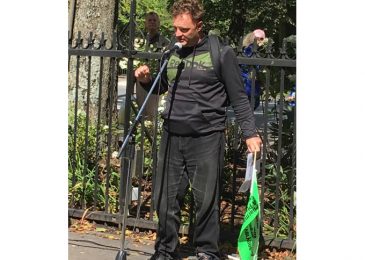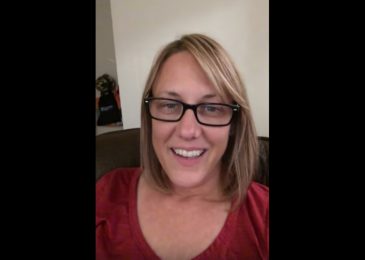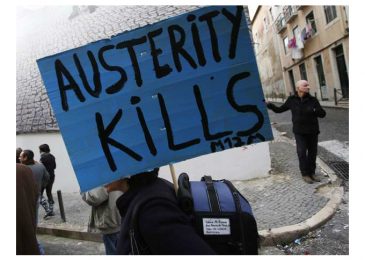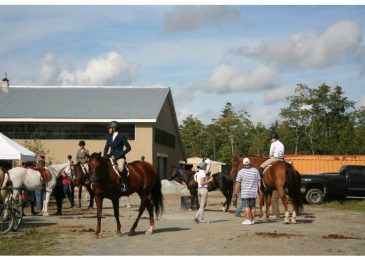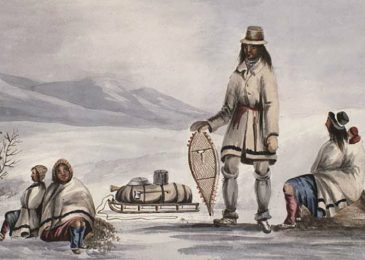Nightly police check-ups not welcome, says woman recovering from surgery
Kendall Worth follows up on his earlier stories about a woman who had to go in for day surgery but who had nobody to stay with her during the first two weeks of her eight-week recovery, even though the hospital insisted that this be the case. Turns out she has been getting nightly check-up visits from the police. No matter how well intended, she isn’t happy about it, especially since the visits were arranged by the hospital without her permission.

